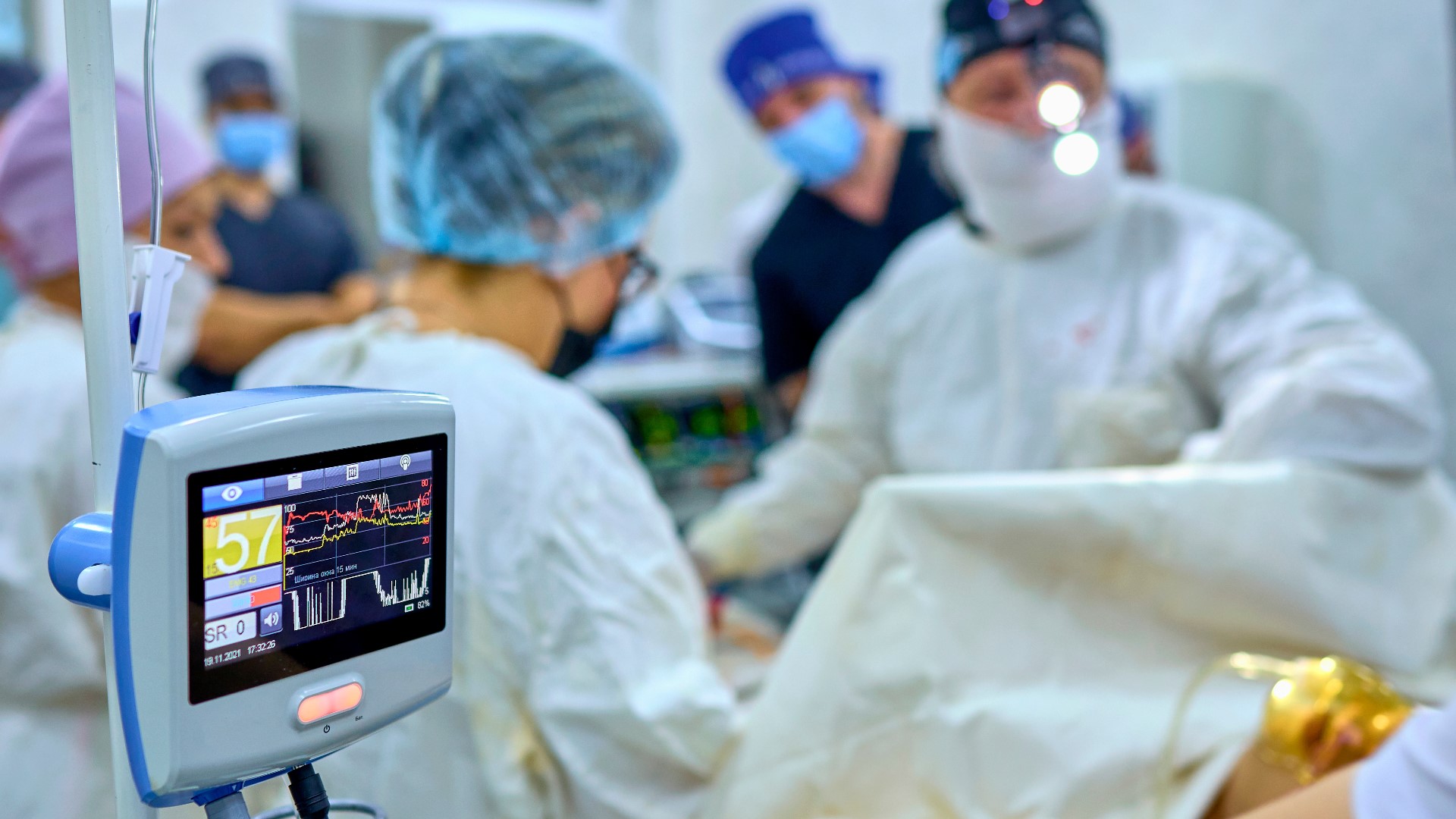YORK, Pa. — Surgery can be a scary word and a new national survey by Orlando Health found that many people would rather fight through nagging pain than stop to address it.
Exercise is an important part of Jen Jordon's daily life, but lately that has come with worsening knee pain.
"I would go into a lunge and just feel a sharp pain and then it would just continuously hurt throughout the day," Jordon said. Like many people, she put off seeing a doctor for fear she'd be told to stop working out, or worse, that she would need surgery.
"That is definitely a fear of mine," she said. "I do not want to have to do surgery on anything, that's why I try to stay active to prevent having to do any of that."
It's something Dr. George Eldayrie, a board-certified primary care sports medicine physician with the Orlando Health Jewett Orthopedic Institute, hears a lot from his patients.
The survey by Orlando Health found that nearly 1 in 5 Americans often feels pain when working out and about the same number say they continue to work through the pain instead of resting to heal.
"Somebody who has pain that they've been dealing with for a long time, they can't seem to pinpoint it and are afraid to hear (that they need surgery)," Dr. Eldayrie said. "I think there's a lot more options out there. The key is addressing an injury as early as possible. Exercising through certain types of discomfort can be concerning, can make things worse, and can end up being bigger injuries than maybe what they were earlier on."
While surgery may be the best option for severe injuries, there are a lot of non-surgical treatments to explore with your doctor. They may include physical therapy or injections that reduce inflammation and promote healing, like cortico-steroids and platelet-rich plasma, delivered right to the area using ultrasound technology.
"He just took out his iPad and was able to go right over my knee and showed me exactly what was going on," Jordon said of her doctor. She was relieved to hear that she wouldn't have to go under the knife and can likely heal just by strengthening and stretching specific muscles to better support her knee.
"Now, I have stuff going forward that can help prevent injury and if I start feeling it on the other knee, I'll be able to take care of it right away instead of waiting years, like I did," she said.
Experts stress that while there are a lot of options, surgery is often needed for injuries that have progressed and require repair or reconstruction. And although many patients avoid it, advancements in robotic and laparoscopic procedures have made many surgeries less invasive and recovery shorter and easier than ever.

